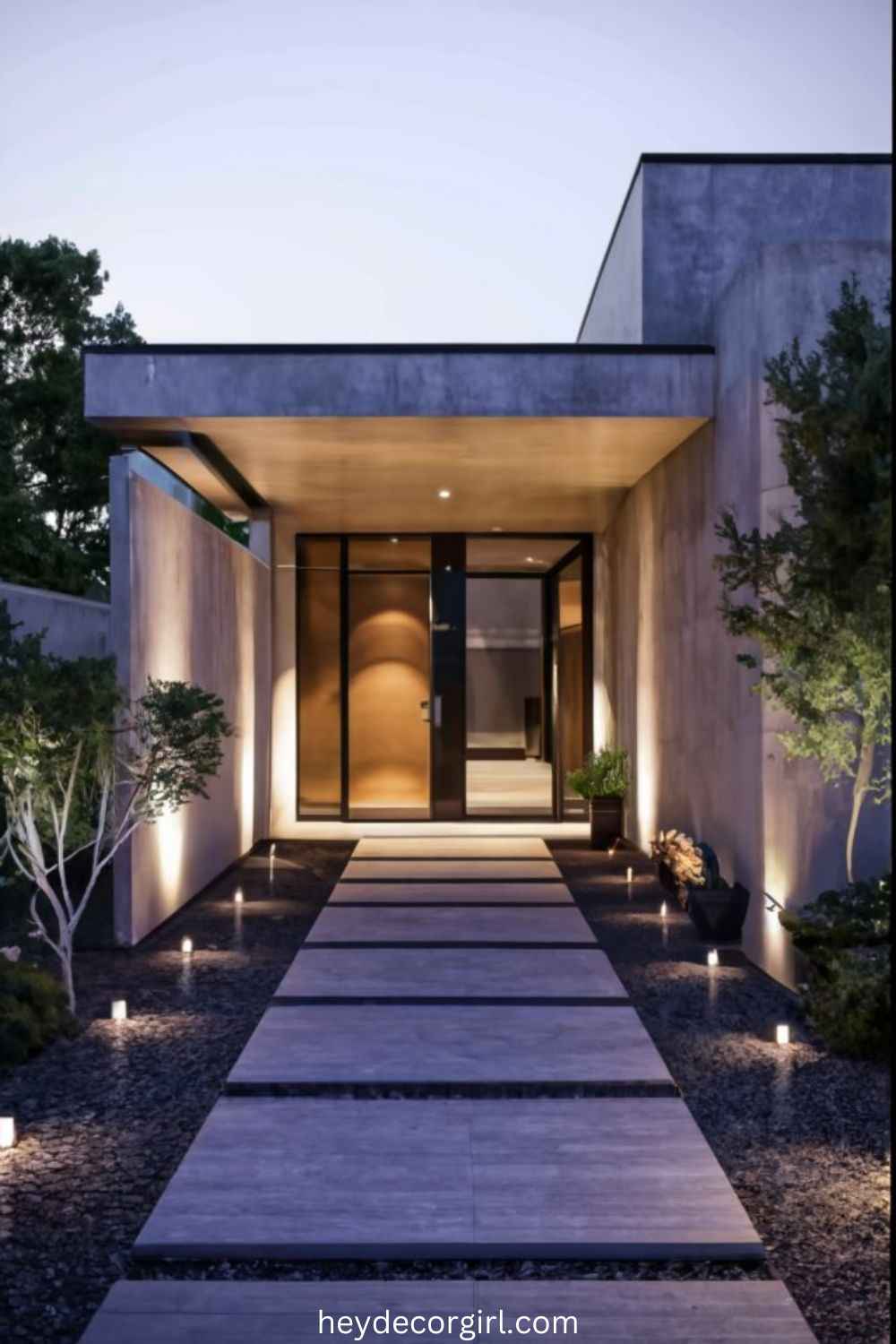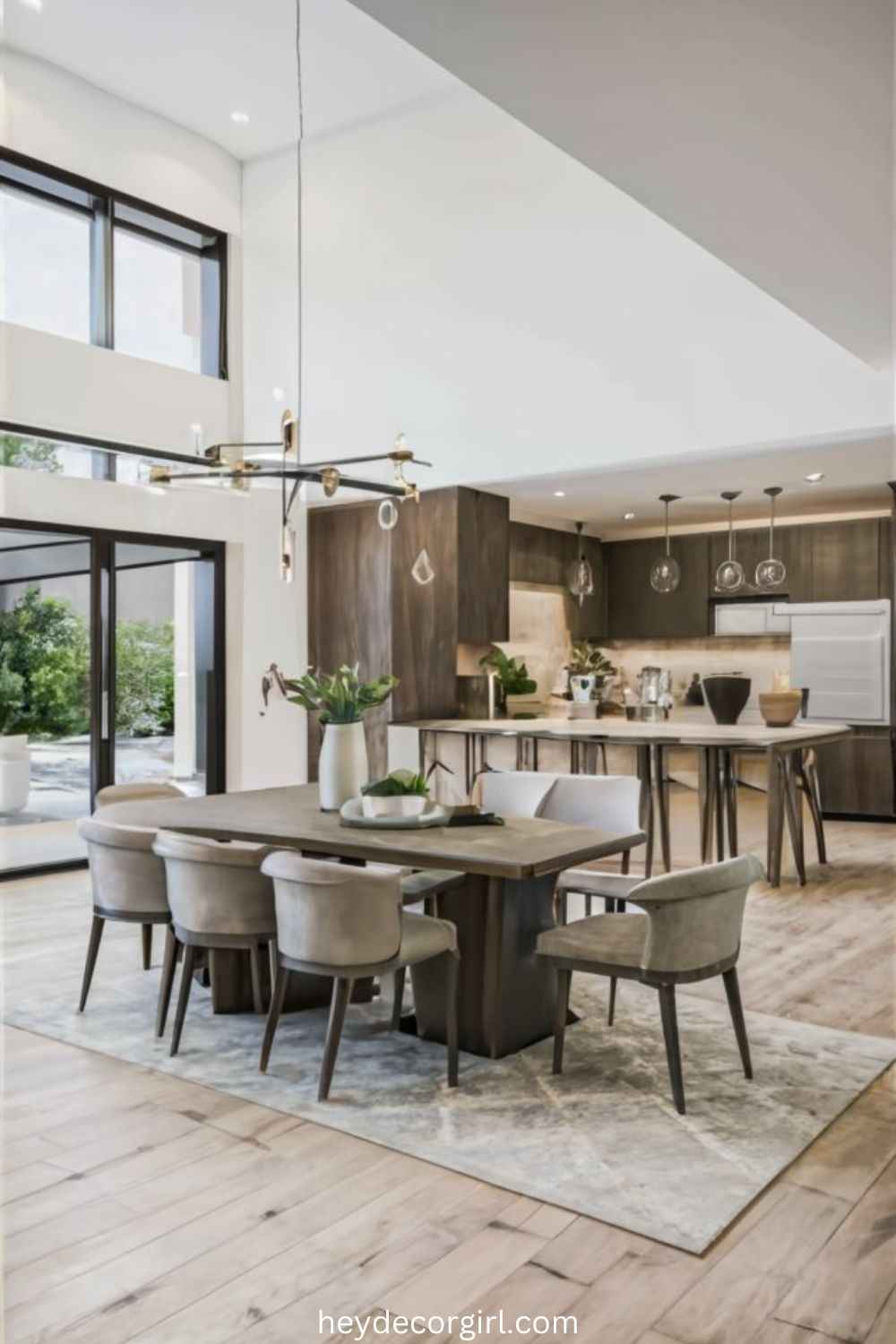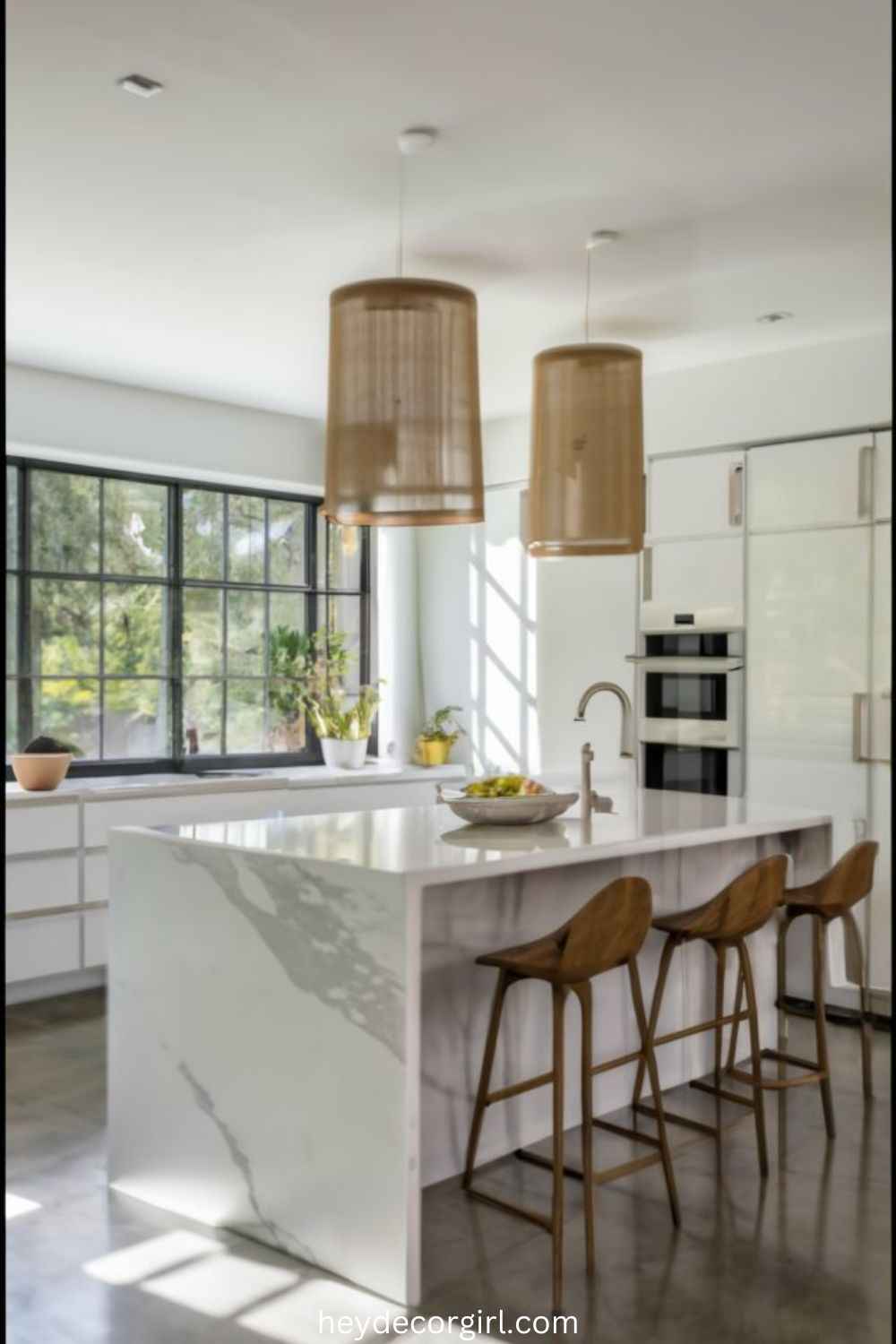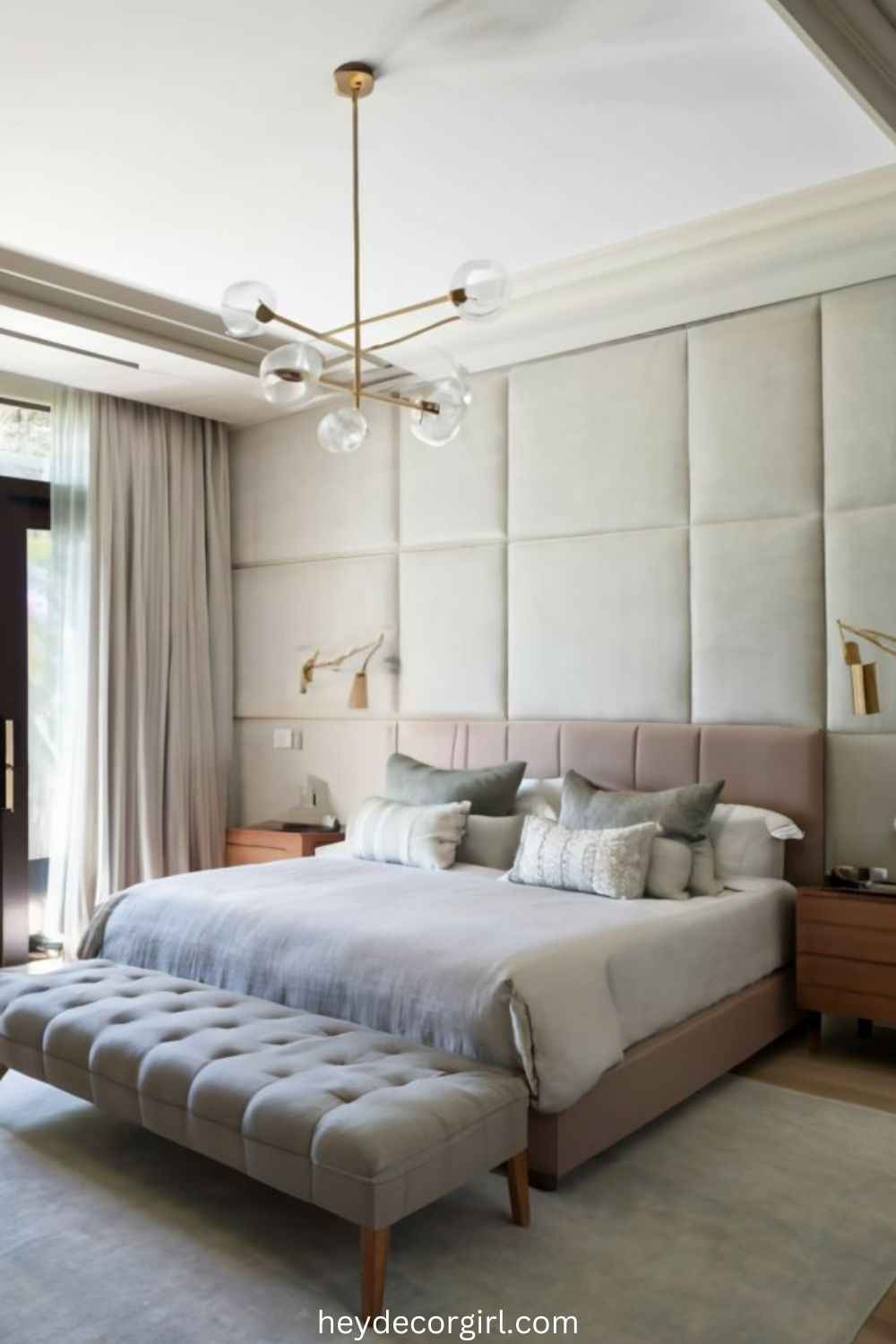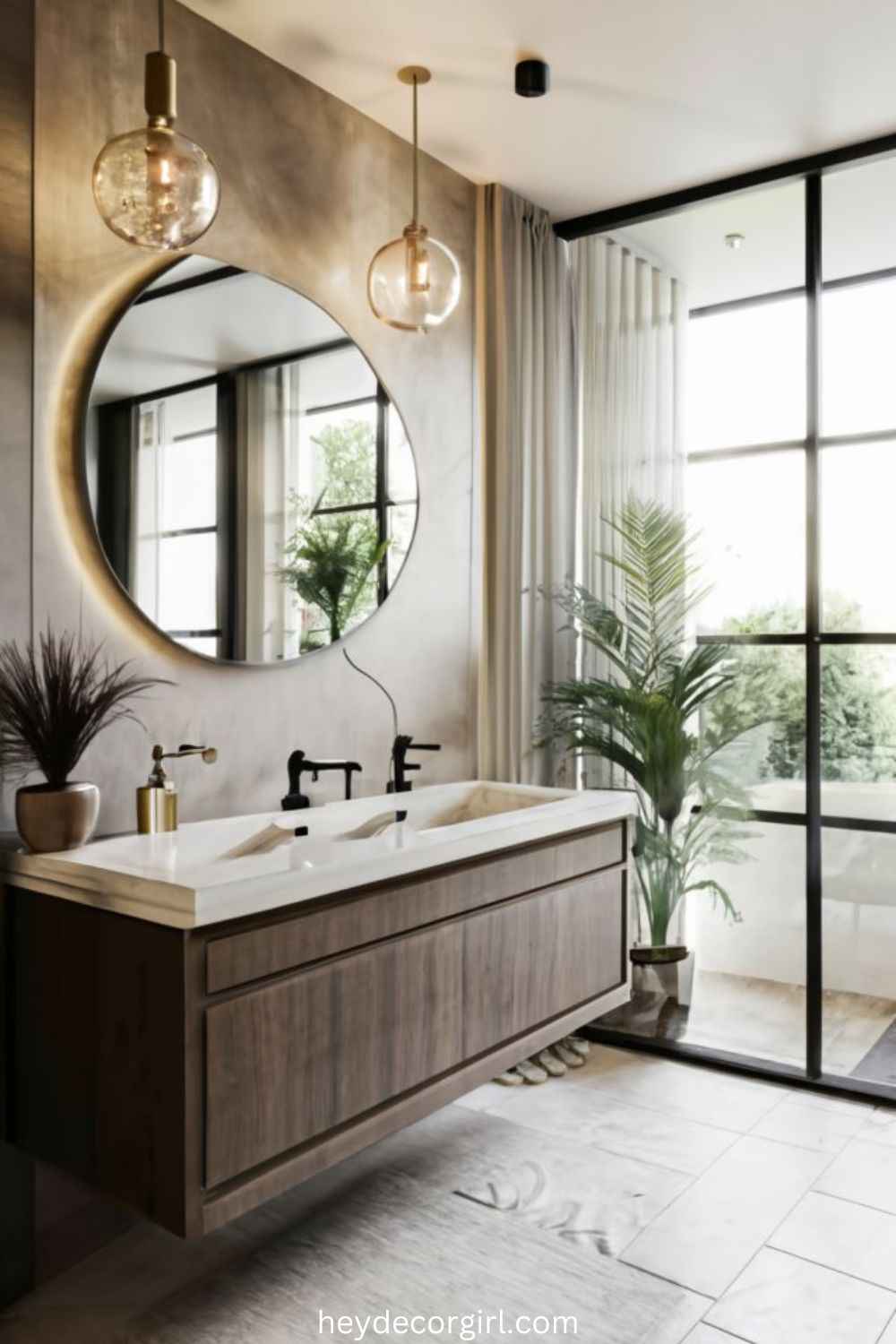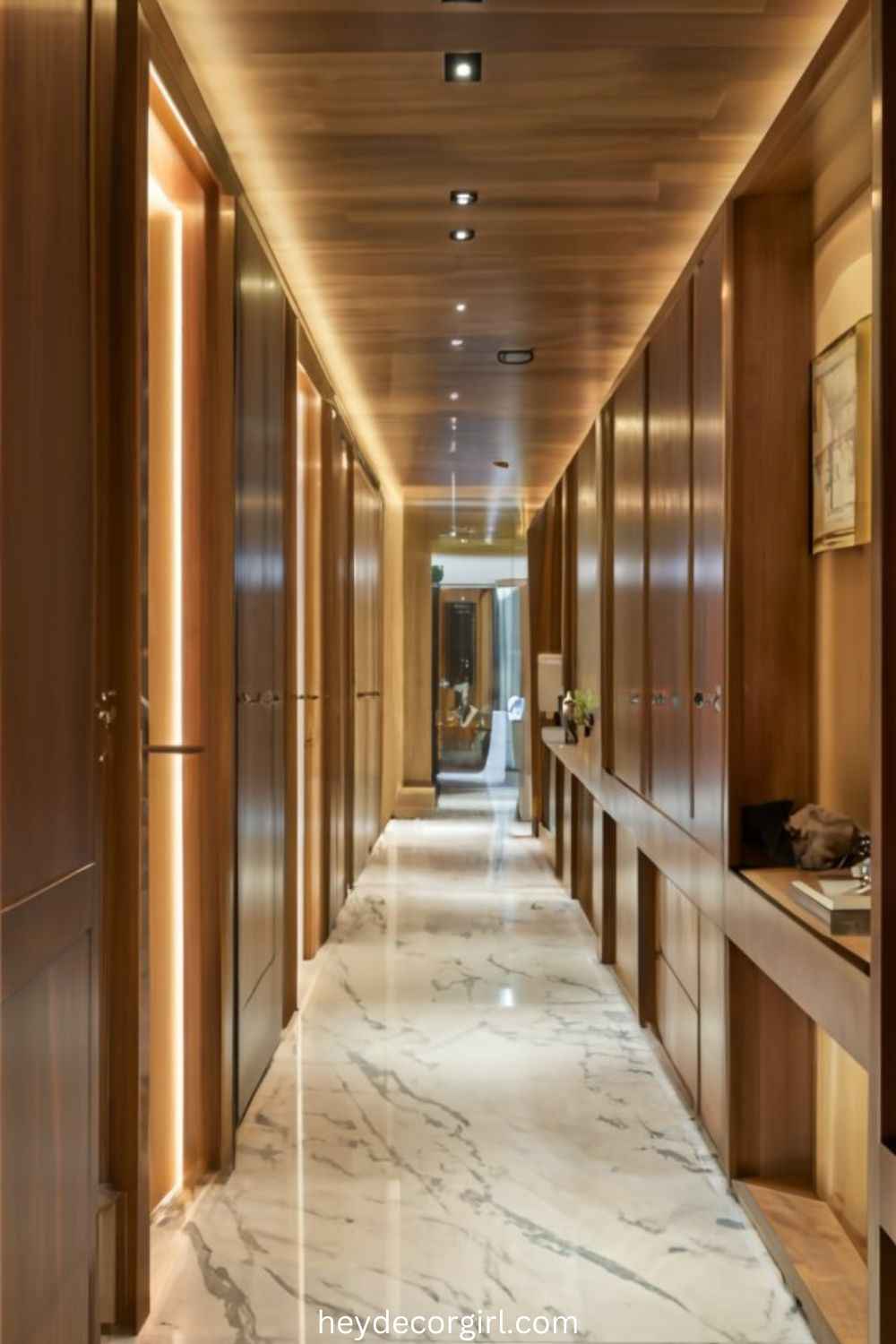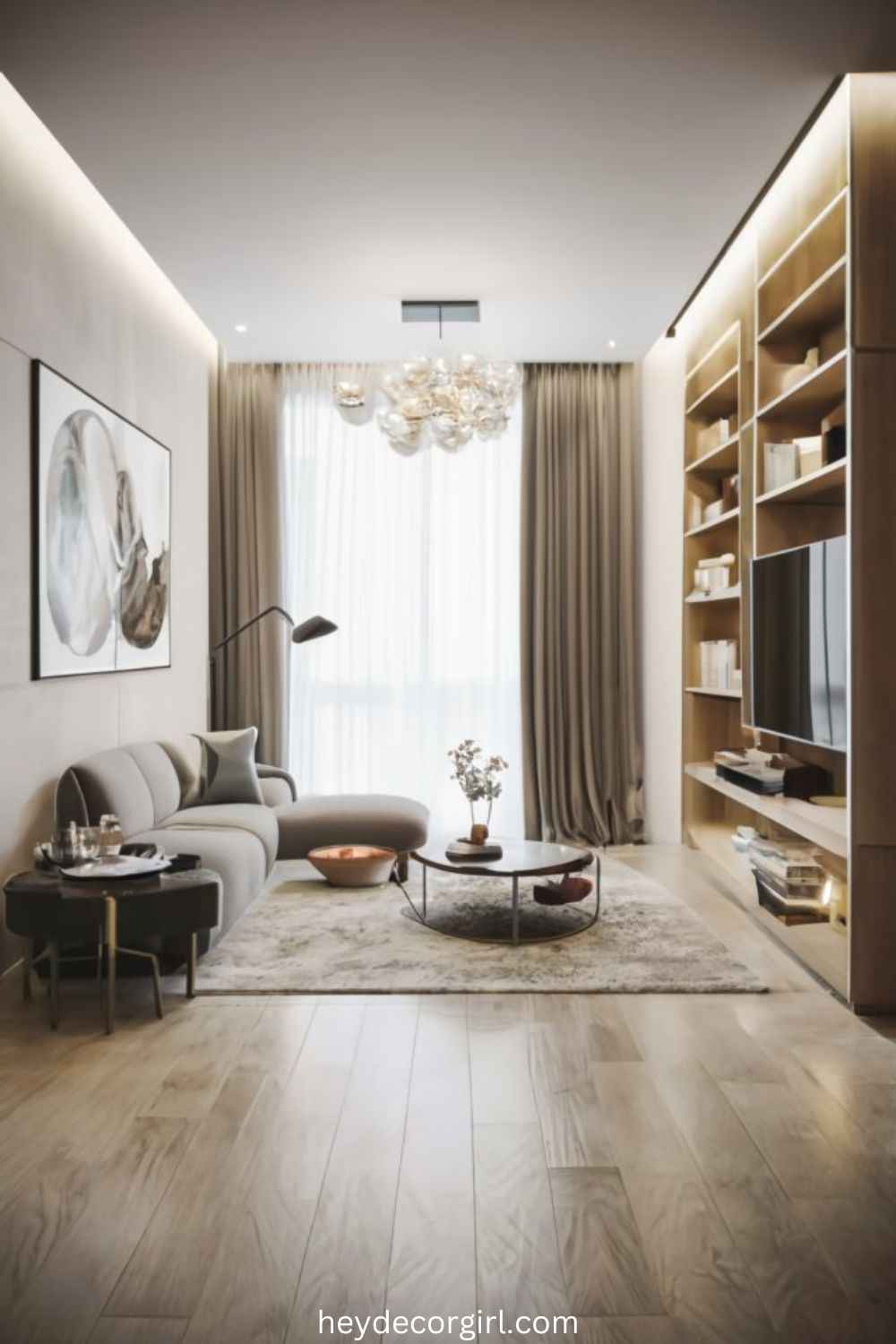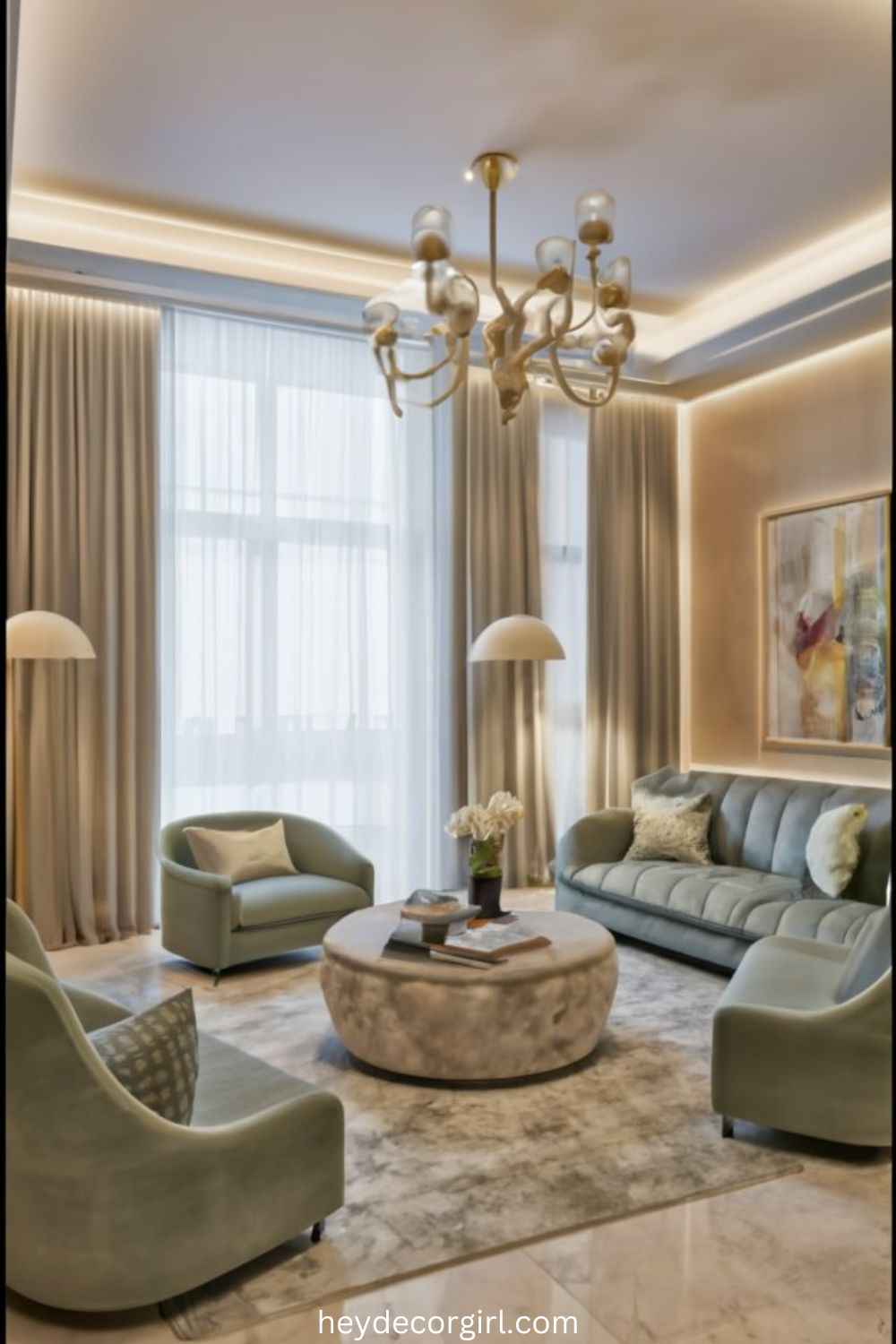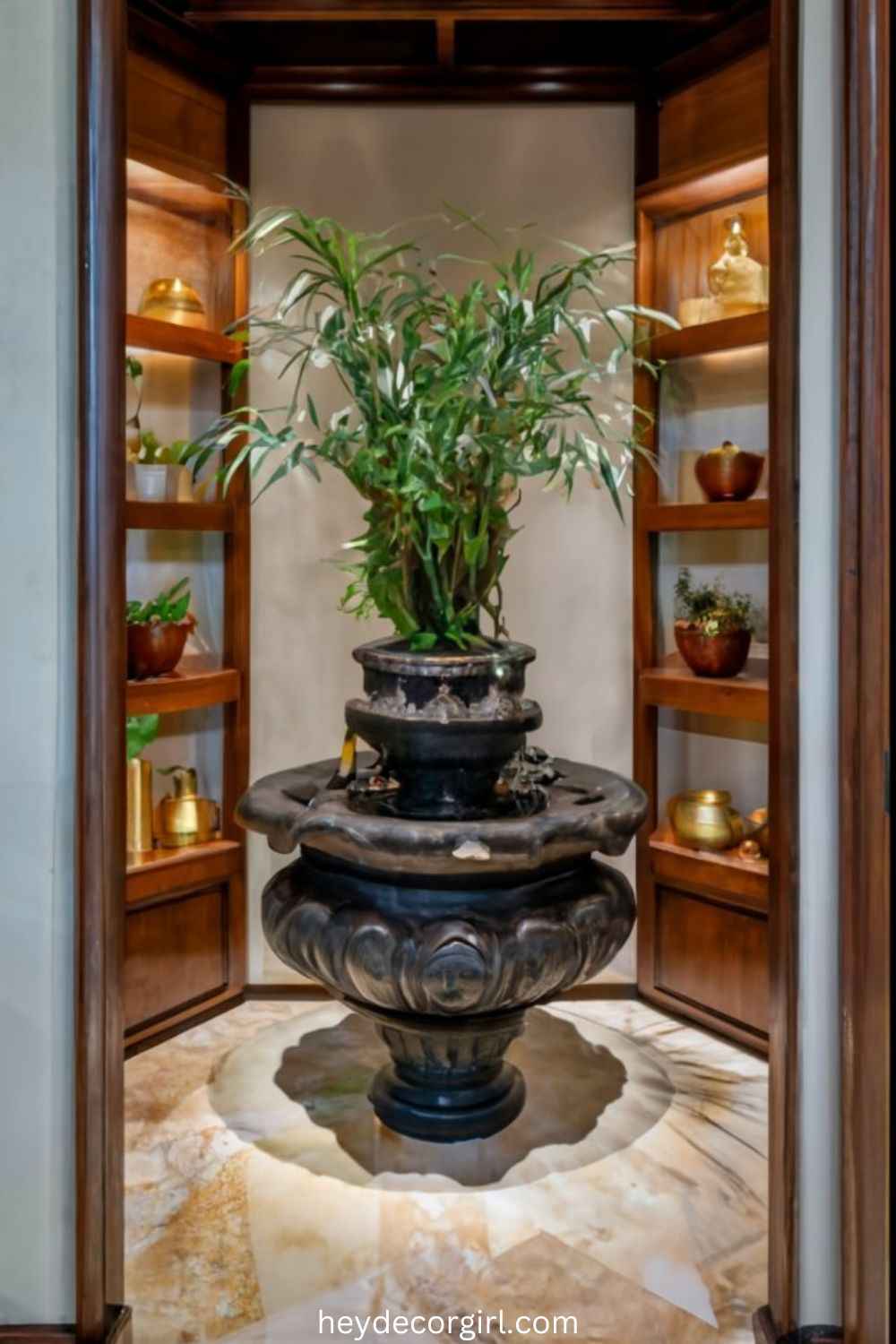Feng Shui Tips For A Good House Floor Plan Design is essential for a harmonious living environment, and Feng Shui principles can help guide the flow of energy (or chi) through the home. The layout of your home affects how energy moves, which in turn influences everything from your mood to your success. Feng Shui, an ancient Chinese practice, offers practical design tips to create balance and positive energy throughout the house.
By following Feng Shui principles, you can enhance comfort, improve overall well-being, and even promote prosperity. A well-designed house layout ensures that energy flows smoothly, nourishing each space and making the home a more peaceful and supportive place to live.
Tips For A Good House Floor Plan Design
1. Entryway and Front Door Placement
Feng Shui Importance: The entryway is the main portal through which energy (chi) enters the home. It sets the tone for the energy flow throughout the entire space. A well-positioned entryway ensures that positive energy flows smoothly into the home, welcoming good fortune and opportunities.
Tips:
- Place the front door in a well-lit, unobstructed area to encourage a smooth entry of positive energy.
- Ensure that the path leading to the front door is clear of clutter, debris, or obstacles.
- Avoid placing the front door directly in line with a back door or large windows, as this alignment can cause energy to rush through the house too quickly, leading to a loss of positive chi.
- Consider using a strong, sturdy door to create a sense of stability and protection for the home.
2. Balanced Layout for Living Spaces
Feng Shui Principle: A balanced layout is key to maintaining the flow of energy (chi) throughout the home. When living spaces are arranged in a harmonious manner, energy circulates freely, promoting a sense of ease, comfort, and well-being. An unbalanced or cluttered layout can lead to blockages that disrupt the natural energy flow.
Tips:
- Arrange living rooms, kitchens, and dining areas to allow for smooth movement between furniture and spaces, ensuring no narrow pathways or cramped areas.
- Keep rooms proportional to one another, avoiding oversized or underused spaces that may result in an imbalance of energy.
- Ensure that the main seating in living rooms faces the entryway to allow for an inviting energy flow.
- Use natural transitions between spaces, like open walkways or light dividers, to maintain a gentle circulation of energy throughout the home.
3. Kitchen Feng Shui: The Heart of the Home
Feng Shui Importance: The kitchen is considered the heart of the home and is strongly associated with health, nourishment, and wealth. A well-designed kitchen promotes good health, prosperity, and harmony within the household. The stove, in particular, is a symbol of wealth, so its placement is critical.
Tips:
- Position the kitchen away from the front door to prevent positive energy from escaping too quickly.
- Avoid placing the stove directly across from the sink, as this creates a clash between the fire element (stove) and the water element (sink), leading to disharmony.
- Ensure the stove is placed in a commanding position, where the cook has a clear view of the entry, symbolizing control over the home’s fortune.
- Keep the kitchen clean and organized to support a healthy energy flow and encourage abundance.
4. Bedroom Layout for Restful Energy
Feng Shui Principle: The bedroom is a sanctuary for rest, relaxation, and rejuvenation. The way the space is arranged directly impacts the quality of sleep and overall well-being. A properly designed bedroom can enhance restful energy and promote peace.
Tips:
- Position the bed against a solid wall for support and stability, symbolizing protection and strength.
- Place the bed away from windows and doors to minimize energy disturbances, ensuring a calm and secure environment.
- Avoid mirrors that directly face the bed, as they can reflect energy and cause restlessness.
- Ensure there are no sharp angles from furniture or corners pointing toward the bed, as these can create negative, cutting energy that disrupts sleep.
5. Bathroom Placement and Design
Feng Shui Importance: Bathrooms are associated with water, which can potentially drain energy if not placed or designed thoughtfully. Proper placement and design can help mitigate any negative impact and maintain positive energy in the home.
Tips:
- Placement: Avoid positioning bathrooms near the center of the home, as this can disrupt the balance of energy throughout the space. Also, keep bathrooms away from the front door to prevent energy from being drained immediately upon entry.
- Design: Use plants and earth elements in the bathroom to counteract the draining effect of water. Incorporate elements like potted plants, stone tiles, or wooden accents to balance the energy.
- Maintenance: Keep the bathroom clean and well-organized to ensure the energy remains positive and supportive.
- Mirrors: Place mirrors strategically to reflect light and make the space feel larger, but avoid placing them directly across from the door to prevent energy from being pulled out.
6. Proper Flow in Hallways and Corridors
Feng Shui Principle: Hallways and corridors serve as channels for energy (chi) to flow through the home. Proper design and maintenance of these spaces are crucial for ensuring a smooth and balanced energy flow throughout the house.
Tips:
- Clarity: Keep hallways and corridors clear of clutter to allow for unobstructed movement of energy. Avoid placing items that may block or hinder the flow.
- Lighting: Ensure hallways are well-lit to support the smooth flow of energy. Good lighting helps maintain a vibrant and positive atmosphere.
- Design: Avoid long, narrow corridors as they can cause energy to either stagnate or rush through too quickly, creating discomfort. If long corridors are unavoidable, consider using mirrors or artwork to visually break up the space and enhance energy flow.
- Transitions: Use natural transitions or gentle curves in hallway design to guide energy smoothly through the space, avoiding sharp angles or direct alignments that may create a rush of energy.
7. Open Space and Decluttering
Feng Shui Principle: Clutter disrupts the flow of energy (chi) and can create stagnation, leading to feelings of stress and unease. Maintaining open, uncluttered spaces helps energy circulate freely, promoting a more harmonious and balanced environment.
Tips:
- Decluttering: Regularly remove unnecessary items from each room to prevent accumulation of clutter. Keep surfaces clear and organized.
- Open Spaces: Create open, breathable spaces by arranging furniture and decor in a way that allows for easy movement and flow. Avoid over-furnishing rooms or cramming too many items into a space.
- Functional Storage: Use functional storage solutions to keep belongings organized and out of sight, reducing visual clutter and enhancing energy flow.
- Room Arrangement: Arrange furniture and decor to create clear pathways and open areas. Ensure that every room has enough space for energy to circulate freely and support a calm, relaxed atmosphere.
8. Yin and Yang Balance in the Home
Feng Shui Principle: The balance of yin (passive, calming) and yang (active, energizing) energies is essential for creating a harmonious living environment. Achieving this balance helps ensure that each space supports its intended function and contributes to overall well-being.
Tips:
- Yin Energy: Use soft, calming decor in spaces dedicated to rest and relaxation, such as bedrooms. Opt for gentle colors, plush fabrics, and low lighting to create a soothing atmosphere.
- Yang Energy: In social and active areas like living rooms or home offices, incorporate lively colors, dynamic lighting, and energetic patterns to invigorate and stimulate activity.
- Balance: Ensure that each room achieves a harmonious balance by mixing elements of yin and yang where appropriate. For example, a living room might feature bright accents and bold patterns alongside comfortable, relaxed seating.
- Room Functions: Tailor the balance of yin and yang to the specific function of each room, enhancing its purpose and contributing to the overall flow of energy in the home.
9. Wealth and Prosperity Corners
Feng Shui Principle: The southeast corner of the home is traditionally associated with wealth and prosperity. Enhancing this area can support financial success and abundance.
Tips:
- Enhance with Elements: Incorporate elements of water, wood, and green plants in the southeast corner to boost prosperity. Water features like small fountains, wooden decor, and lush plants can symbolize growth and abundance.
- Clutter-Free: Keep the prosperity area free of clutter and broken items to ensure that positive energy flows uninterrupted. Regularly clean and maintain this corner to promote a continuous flow of good fortune.
- Decor Choices: Use symbols of wealth, such as coins or money trees, to reinforce the area’s association with financial success. Choose decor that resonates with positive energy and abundance.
10. Outdoor Feng Shui and Landscaping
Feng Shui Importance: The external environment plays a key role in influencing the energy inside the home. Well-planned outdoor spaces can enhance the overall harmony and balance.
Tips:
- Landscaping: Design flowing pathways and ensure healthy, vibrant plants are present to encourage a smooth flow of energy.
- Water Features: Position water elements like fountains or ponds to enhance wealth, ideally in the southeast corner of the yard for prosperity.
- Balance: Keep outdoor spaces clean and well-maintained to avoid stagnant energy and support the positive energy inside the home.
FAQ
1. What is Feng Shui and how does it apply to home design?
Feng Shui is an ancient Chinese practice that focuses on the arrangement of space to promote balance, harmony, and positive energy flow. In home design, Feng Shui principles help create a harmonious environment by optimizing the layout and placement of rooms, furniture, and decor to enhance comfort, prosperity, and well-being.
2. How can I use Feng Shui to improve my entryway and front door placement?
To improve your entryway and front door placement according to Feng Shui, ensure the door is in a well-lit, unobstructed area. Avoid placing the front door in direct alignment with back doors or large windows, as this can cause energy to rush through too quickly. Create a welcoming and inviting atmosphere to attract positive energy.
3. What are some tips for achieving a balanced layout in living spaces?
For a balanced layout, arrange living rooms, kitchens, and dining areas to allow smooth movement and circulation. Ensure that rooms are proportional to each other to maintain balanced energy flow. Avoid clutter and ensure that each space supports its intended function without disrupting the overall harmony.
4. Why is the kitchen considered important in Feng Shui, and how should it be arranged?
In Feng Shui, the kitchen represents health and wealth. Position the kitchen away from the front door to prevent energy from escaping. Avoid placing the stove directly across from the sink, as this creates a clash between fire and water elements. Ensure the kitchen is clean and organized to support positive energy.
5. How should I position furniture in my bedroom for restful energy?
Position the bed against a solid wall for support and stability. Avoid placing the bed directly under windows or doors to minimize energy disturbances. Do not place mirrors facing the bed, and ensure there are no sharp angles pointing toward the bed to create a restful and secure environment.
6. What are some Feng Shui tips for bathroom placement and design?
Avoid placing bathrooms near the center of the home or adjacent to the front door to prevent draining energy. Enhance the bathroom with elements of water, wood, and green plants to counteract the draining effect of water. Keep the space clean and organized, and use mirrors strategically to reflect light without facing the door.
7. How can I ensure proper flow in hallways and corridors?
Keep hallways and corridors clear of clutter and ensure they are well-lit to support smooth energy flow. Avoid long, narrow corridors that may cause energy to stagnate or rush through too quickly. Use natural transitions or gentle curves to guide energy smoothly through the space.
8. What is the importance of balancing yin and yang energies in the home?
Balancing yin (passive, calming) and yang (active, energizing) energies is crucial for creating a harmonious environment. Use soft, calming decor in restful areas like bedrooms, and lively colors and dynamic lighting in active spaces like living rooms to achieve this balance and support the function of each room.
9. How can I enhance the southeast corner of my home for wealth and prosperity?
Enhance the southeast corner, associated with wealth, by incorporating elements of water, wood, and green plants. Avoid clutter and broken items in this area. Use symbols of wealth, such as coins or money trees, to reinforce the area’s association with prosperity.
10. What are some Feng Shui tips for outdoor spaces and landscaping?
Design outdoor spaces with flowing pathways and healthy plants to encourage a smooth flow of energy. Position water features like fountains in the southeast area of the yard to enhance wealth. Keep the outdoor area clean and well-maintained to support positive energy and complement the internal harmony of the home.

Hi, I’m Richa, the creative mind and passionate soul behind Hey Decor Girl. With a bachelor’s degree in Inter-space Design and a deep love for transforming spaces, I’ve dedicated my career to bringing style, comfort, and personality into homes. As an interior designer and architect, I’ve had the pleasure of crafting unique living environments that reflect the individuality of those who live in them.
At Hey Decor Girl, I share my expertise in all things home decor—from cozy living room makeovers to rustic farmhouse designs and everything in between. My mission is to inspire you to create spaces that not only look stunning but also feel like home. Whether you’re looking for the latest trends or timeless classics, I’m here to guide you every step of the way. Let’s make your dream home a reality, one stylish detail at a time.
Feng Shui Tips For A Good House Floor Plan Design Good House Floor Plan Design Tips For A Good House Floor Plan Design
Last modified: September 23, 2024
![Hey Decor Girl [Latest Trending Decor Design Ideas]](https://heydecorgirl.com/wordpress/wp-content/uploads/2024/08/Heygirldecor-Logo.png)


